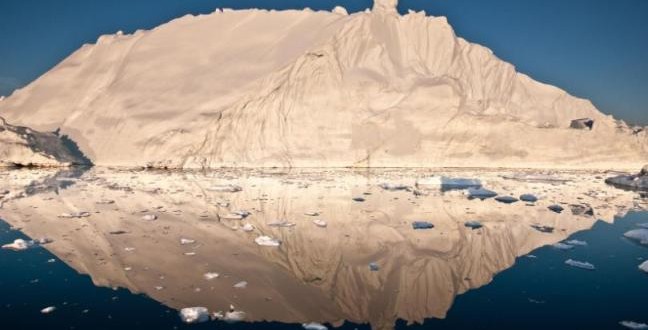A study ten years in the making found that sea levels are rising at the fastest rate in the last 2,800 years. The scientists say that greenhouse gas emissions that build up in the atmosphere and heat the planet, melting glaciers and ice sheets, are to blame for this sharp rise.
The study, published in the journal Proceedings of the National Academy of Sciences, discovered that between the years 0 and 700CE, global sea levels rose by roughly 0.1mm per year – around 7cm per century. The last century has managed to double that rate of increase in one seventh of the time.
“The 20th century rise was extraordinary in the context of the last three millennia, and the rise over the last two decades has been even faster,” said Robert Kopp, lead author of the study.
The authors also projected that in the 21st century, sea level rises could increase by as much as 131cm – assuming current rates of climate change remain the same.
The results were primarily discovered by collecting data from numerous other studies, which date back as far as 3000 years. In addition, they collected their own data from 24 sites across the globe, including south-west England, and the Isle of Wight.
Then, the scientists used a new modelling system – known as a semi-empirical hierarchichal model. This model used is different from those in other studies, as usually sea level models take single data points from across the globe and compare them to a global average.
However, in this case, the model did not use each single data point and compare it against an overall global average. Instead, the data points were joined together and created their own global average – similar to a topographical dot-to-dot game.
The results showed that man-made global warming has had huge implications on sea levels, since the beginning of the 20th century. If no anthropogenic CO2 had been pumped into the atmosphere, the model suggested that the sea level would have risen no more than 7cm over the course of the 100 years. It could even have been reduced by 3cm.
The model also managed to go back in time, and show the scientists how sea level changed since the beginning of the Common Era. It increased by 7 cm every year until the year 700. From 1000 to 1400, the sea level actually fell by 0.2mm per year – synchronised with a global atmospheric cooling of 0.2 degrees Celsius.
“It is striking that we see this sea-level change associated with this slight global cooling,” Kopp said. By comparison, global average temperature today is about 1 degree Celsius higher than it was in the late 19th century.”
This follows news that the low-lying Oceanic country of Kiribati is struggling with rising sea levels so much, that they are being forced into building artificial islands.
Agencies/Canadajournal
 Canada Journal – News of the World Articles and videos to bring you the biggest Canadian news stories from across the country every day
Canada Journal – News of the World Articles and videos to bring you the biggest Canadian news stories from across the country every day



